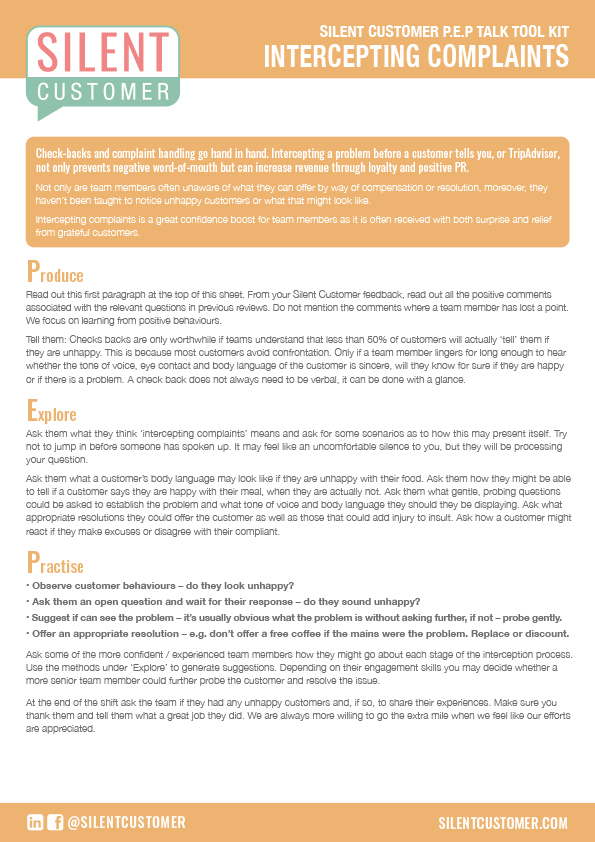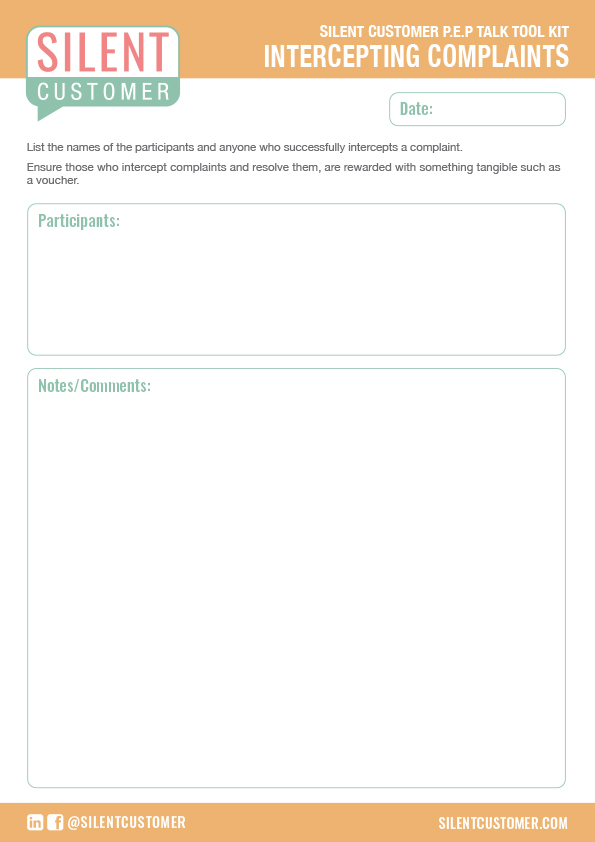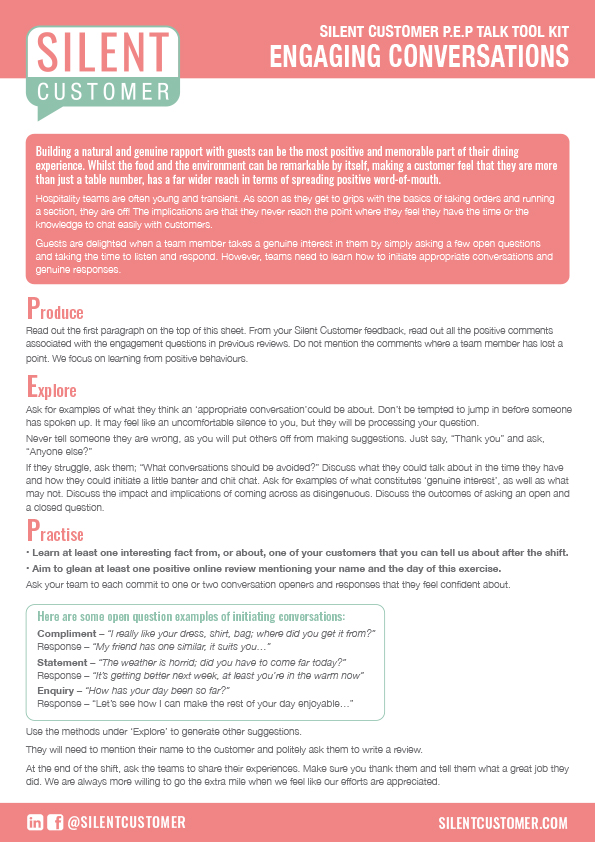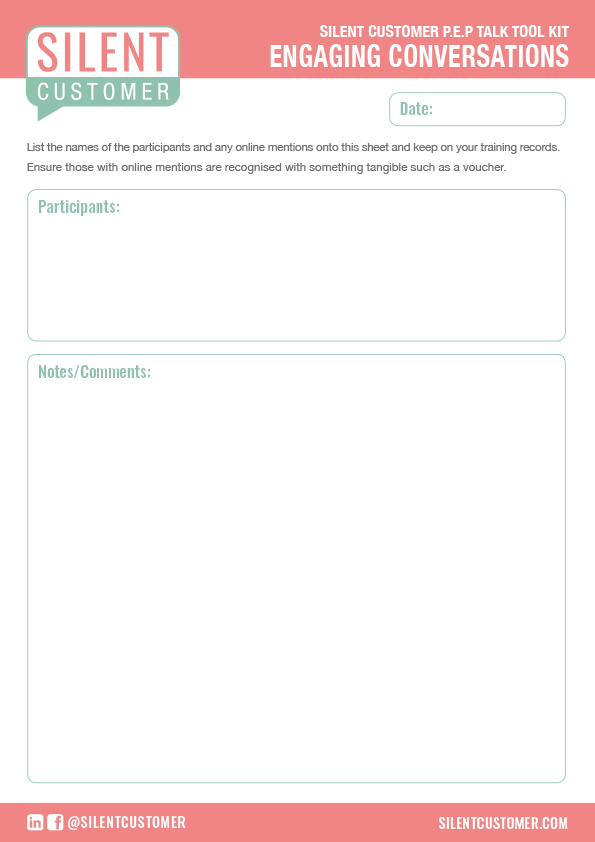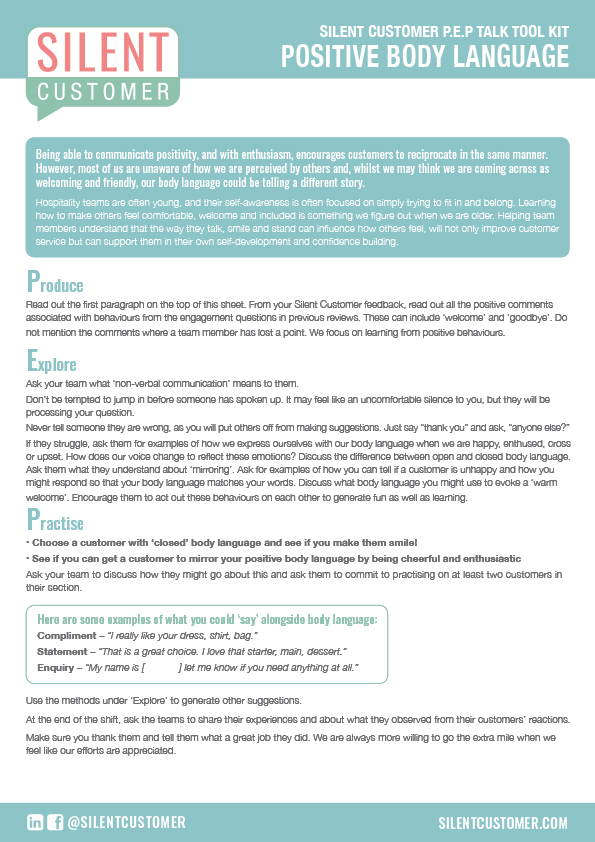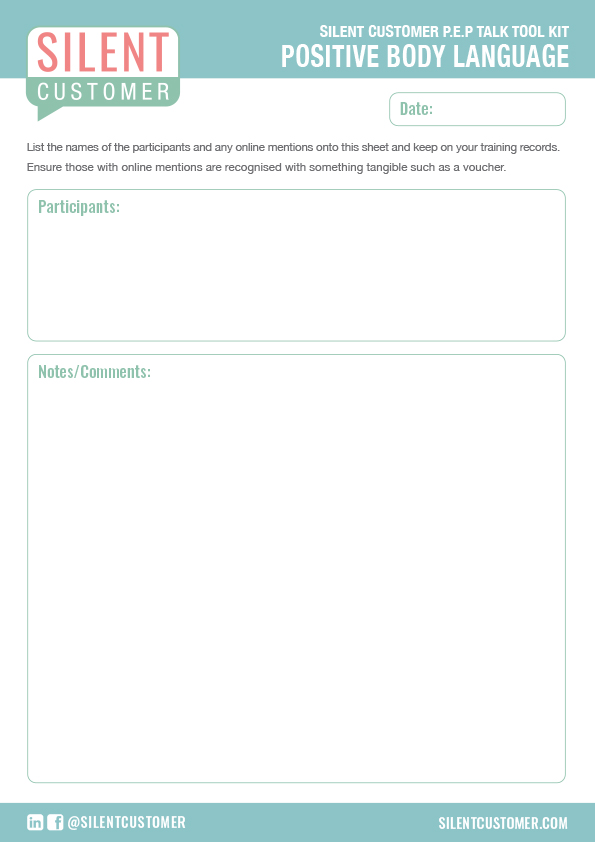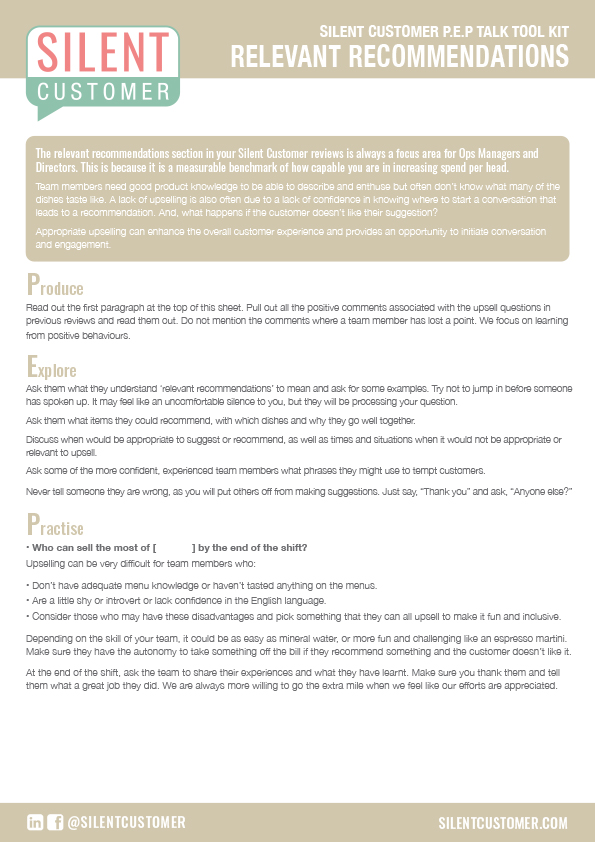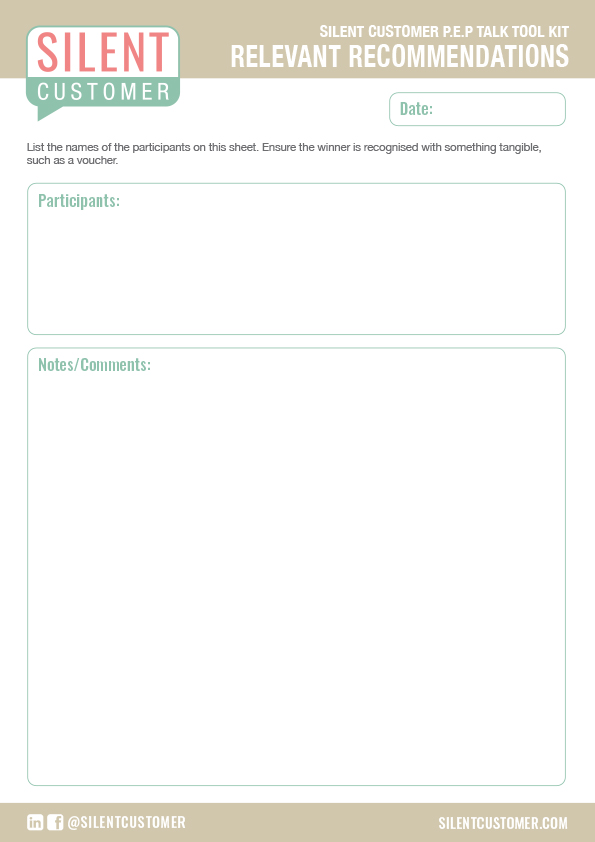Firstly, if you have never worked in hospitality, please take off those rose-tinted glasses. It’s a huge financial risk and you need AT LEAST tens of thousands of quids to get through your first year.
Do not take on a pub until you have worked for at least a year as a manager in one. Learn the ropes before you steer your own ship. There are plenty of storms and doldrums and it is NEVER plain sailing.











Check out this article from the Morning Advertiser with comments from some of the bigger pub companies.
New year is a busy period for applications to run a pub (morningadvertiser.co.uk)

